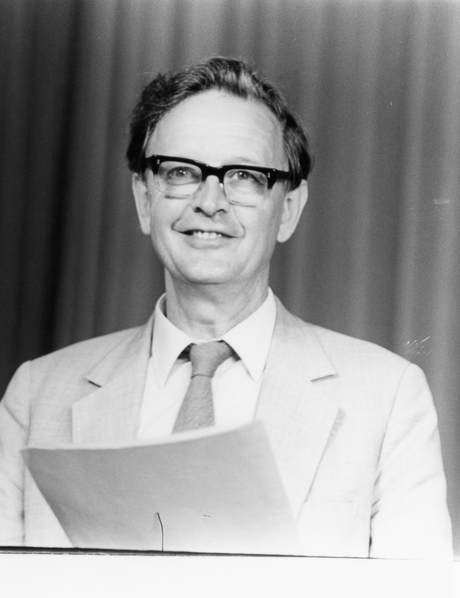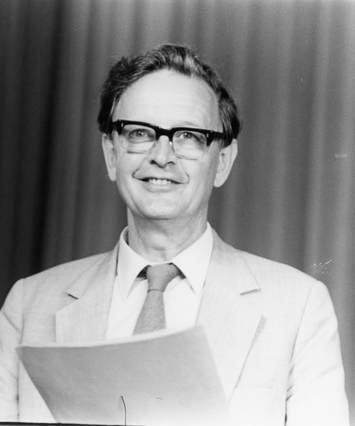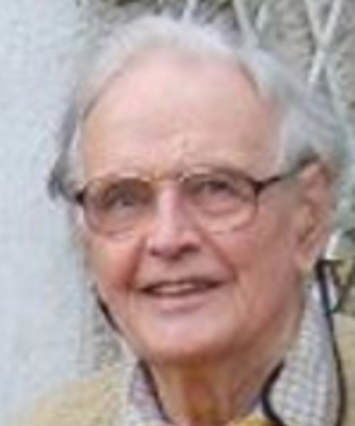Guests to Peter Hannon’s homes, whether in Coleraine or Cape Town, could never be sure who they might meet. My friend Peter Hannon, who has died aged 89, devoted his life to building bridges between antagonists – both in his native Northern Ireland and in South Africa. Born into the Church of Ireland ascendancy, he had a rare ability to make people feel that they were at last being heard and understood, and had an even rarer willingness to acknowledge that his privileged background – and the attitudes that went with it – made him part of the problem.
Peter’s friends included Protestant Loyalists and Catholic Republicans in his own country and people on both sides of the apartheid struggle in South Africa. Franklin Sonn, later South Africa’s first post-apartheid ambassador to the US, said Peter’s wise counsel and support for him during the darkest years of apartheid “enabled me to remain focused and to resist bitterness”, adding that “he convinced me that the higher ground of moral leadership and reconciliation was my calling”.
He invited both Ian Paisley and PJ McClean, who had been interned and tortured in Long Kesh, to the wedding of his daughter Catherine in 1991, although Paisley declined. In South Africa, between 1971 and 1985, the Hannons’ home became a meeting point for people of all races: a fact which did not go unnoticed by the security police.
Peter maintained that in any conflict situation feelings were as decisive as facts. He liked to recall a conversation, early in the Troubles, with Gerry O’Neill, a Catholic leader from the Falls Road. Asked for the facts about the situation, O’Neill replied: “Facts only confuse the issue. Each side has its own set of facts, mostly accurate, but selected to prove its own case. Each ignores the real fact, which is what the other side feels.”
Peter was born in Lurgan, the second child of Canon Gordon Hannon, Rector of Lurgan, and his wife Hilda (nee Denny), pioneers of the Oxford Group movement (and later Moral Re-Armament) in Northern Ireland. When he was six Peter contracted polio, but his mobility was saved by an experimental operation at the Alder Hey Children’s Hospital in Liverpool, and he went on to play cricket and tennis for St Columba’s College school in Dublin.
After graduating from Oxford he worked with Moral Re-Armament in Nigeria, where he became a friend of Nnamdi Azikiwe, the country’s first president. Thereafter he worked as a full-time volunteer with Moral Re-Armament (now known as Initiatives of Change), with his living expenses covered by people in the community who believed in what he was doing.
In 1966 he married Fiona Graham, daughter of the Duke of Montrose. They lived in Belfast, Cape Town and Coleraine, and finally moved to Bradford on Avon in 2008.
Peter is survived by Fiona, their two daughters, Catherine and Veronica, and six grandchildren.
This obituary by Mary Lean first appeared on the Guardian website on 16 May 2017 and in the print edition on 22 May 2017.
English



